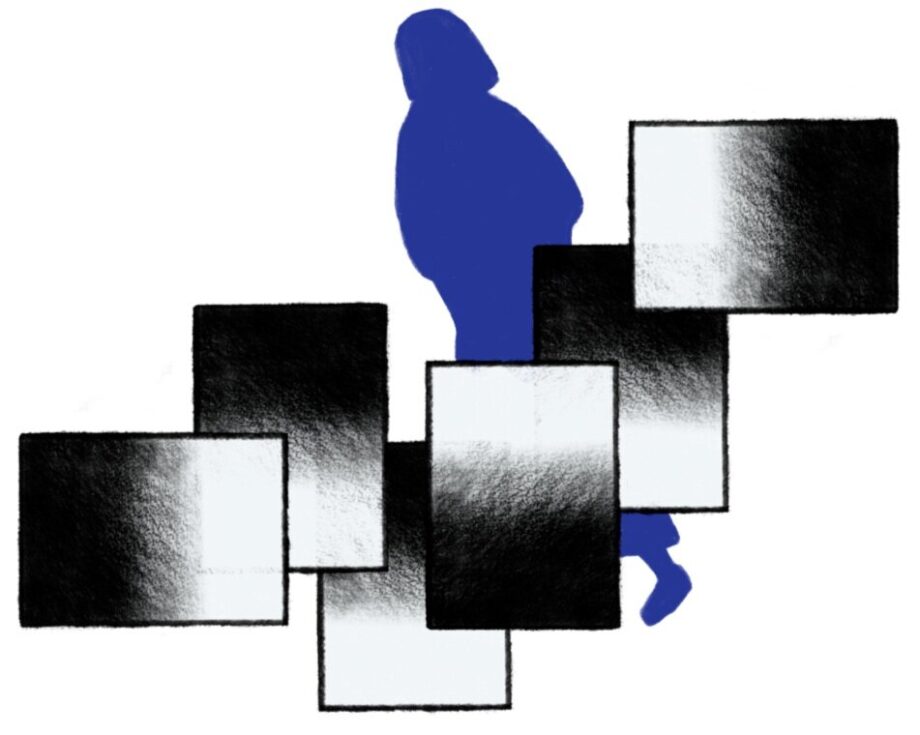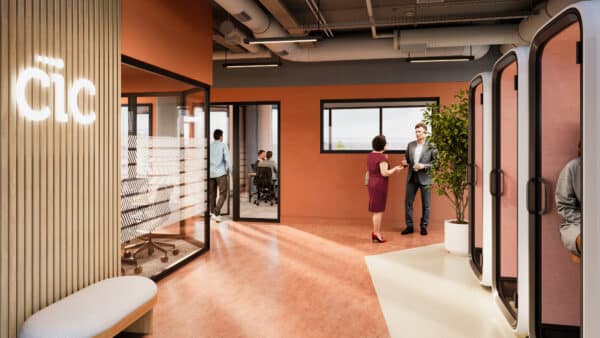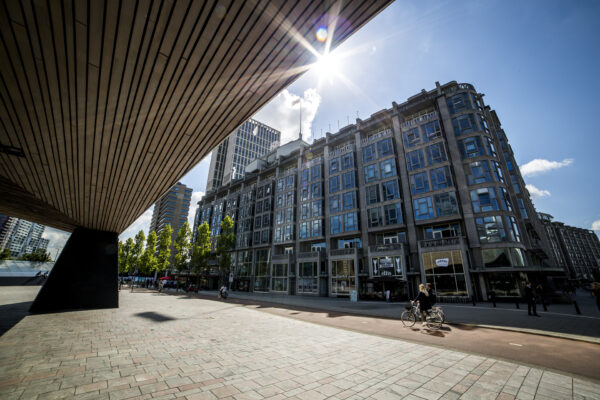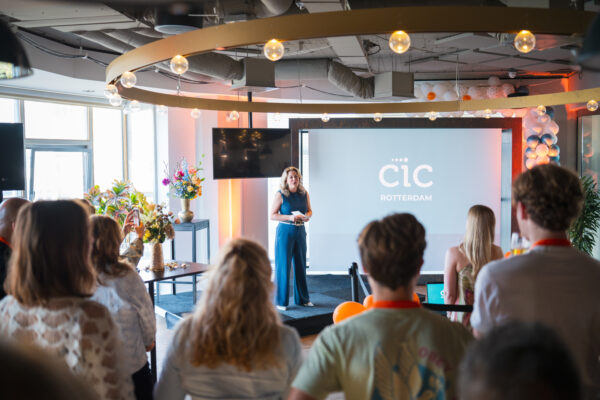At CIC, we see an increasing number of companies working on sustainable solutions. Meet a few of these promising initiatives we interviewed about their industries, challenges, decisions and goals and how they reflect on the innovation opportunities and challenges in Rotterdam.
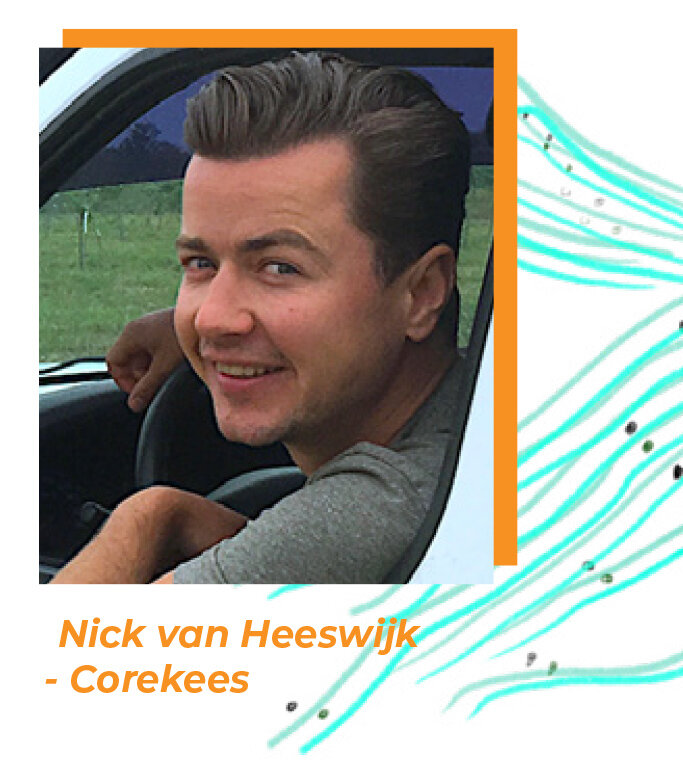
It all started in 2016, in the shade of a tree, on the banks of the Paraguay River.
Nick van Heesewijk was on holiday, visiting family in Brazil, when his uncle told him that he was planning to start his own business in agriculture. Curious, Nick decided to take a look. Without realizing what he was up for, he ended up making quite the journey to a farm dedicated to growing a specific type of tree: the Pongamia.
“Getting to the site was an experience in itself,” says Nick. “We took two planes, drove for five hours, then jumped on a boat for 45 minutes to reach the ‘Estancia’, or the farm. From there, we visited the trees on horseback through the jungle. It was one of the coolest things I’d ever seen in my life.”
The farm is located on the border between Brazil and Paraguay, alongside the Paraguay River, and is dedicated to reforestation. The Ponamia tree is quite unique in that the nut it produces can be pressed to extract crude oil and help produce green, renewable fuel.
There and then, Nick knew just how much potential this tree could hold not only as a business but for the environment, too. He knew he wanted to start his own company based on what he had seen on the farm. Fifteen minutes later, sitting in the shade of a tree, he already had the idea for Corekees.
The business proposition: Profiting from a greener world
Simply put, the concept behind Corekees is that it is possible to invest in sustainability and get a financial return on it. The company targets the consumer market with the proposition that people can offset (part of) their carbon footprint by planting a Pongamia tree.
“The proposition is to profit from a greener world,” Nick says. “Nowadays, sustainability is mostly based on charity and at one point you run into a glass ceiling, which will never make a real impact. We want to connect an economic value to making
“Whenyoubuyatree,it’syoursfor20years.”
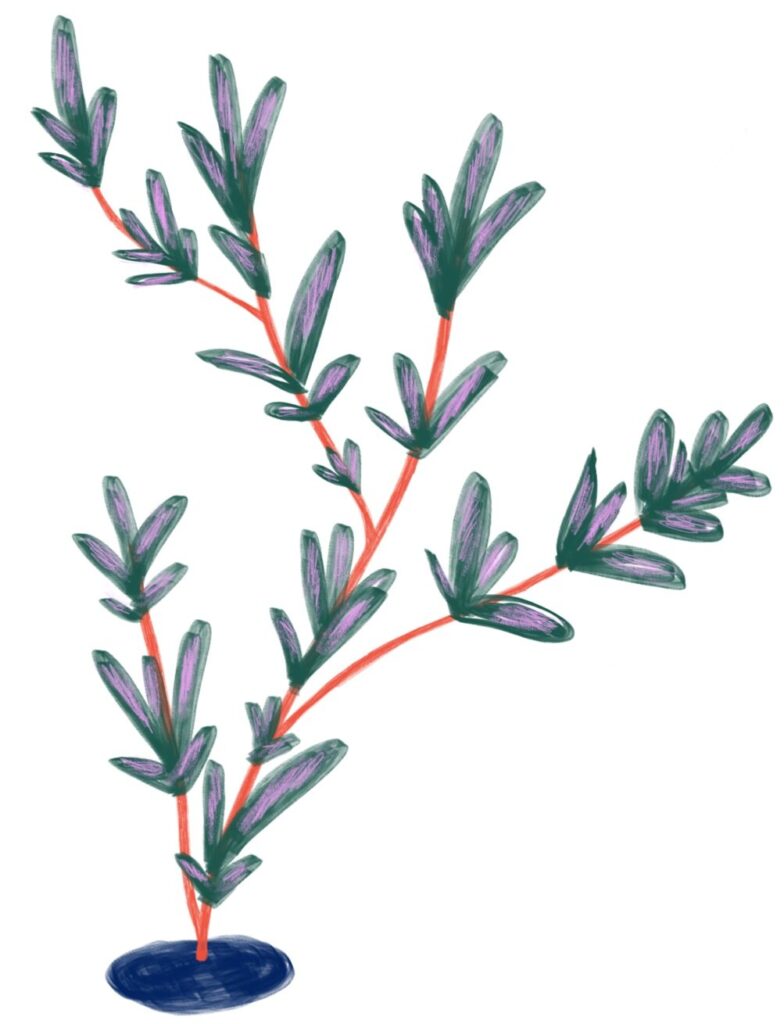
The way it works is rather straightforward: Individuals from around the world, but currently mostly Europe, can easily calculate their carbon footprint per year and decide how much of it they want to compensate by paying for Pongamia trees to be planted in Paraguay. Corekees facilitates the entire process from handling the orders to making sure that the trees are planted with their partner in South America.
“When you buy a tree, it’s yours for 20 years,” Nick says. “The first harvest comes in three to four years, at which point the first nuts come off the trees, they get crushed for the crude oil and sold to major oil companies to be refined and turned into green fuel. The money that comes back to us, we divide proportionally among our tree buyers.”
People who do invest through Corekees can expect a stable return on investment (ROI) from the seventh year onwards, with an average of 7.8% over the 20 years.
To build a company that essentially sells sustainability, it was key for Nick and his team to create a business model that is sustainable as well. And not just financially sustainable so, but also with regard to the environment.
First and foremost, the land that they can use to plant the trees must have been deforested at least 10 years ago in order to meet the requirements of major oil companies for green fuel production. Also, it should not be suitable for food production, because “growing food always comes before any commercial business activity,” Nick says.
“Everyonewantstobethesecondinvestor,butnotthefirst.”
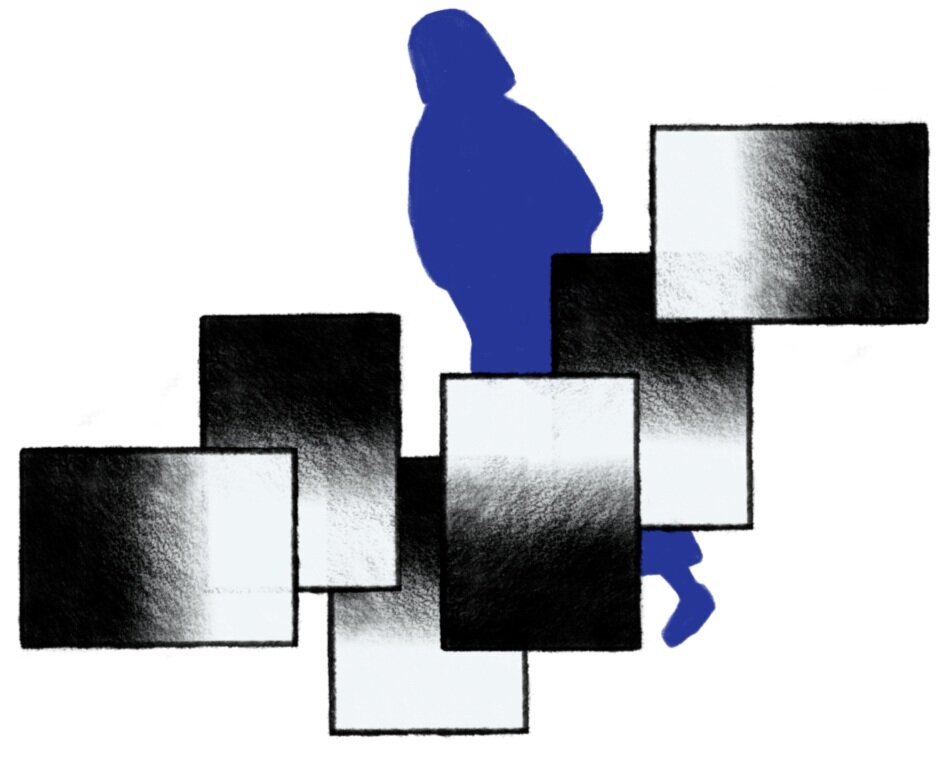
“We use land from cattle farms,” he continues. “We go to farmers and ask if we could lease their land. For the first year, the cows would need to graze on a different land but after that, they can walk among the trees. The farmers thus make money from the land that they would need to reforest one day anyway.”
Once the trees have been harvested and the nuts crushed for oil, the residue of crushing is used as protein for cattle feed and the shell is used as either biomass or an organic fertilizer. In other words, the process from planting to harvesting the Pongamia trees and beyond is an entirely circular one.
Corekees and their partners in South America also make sure that their local workforce receive above minimum wages and that they are provided with the transportation to and from the farm, and even accommodation if necessary.
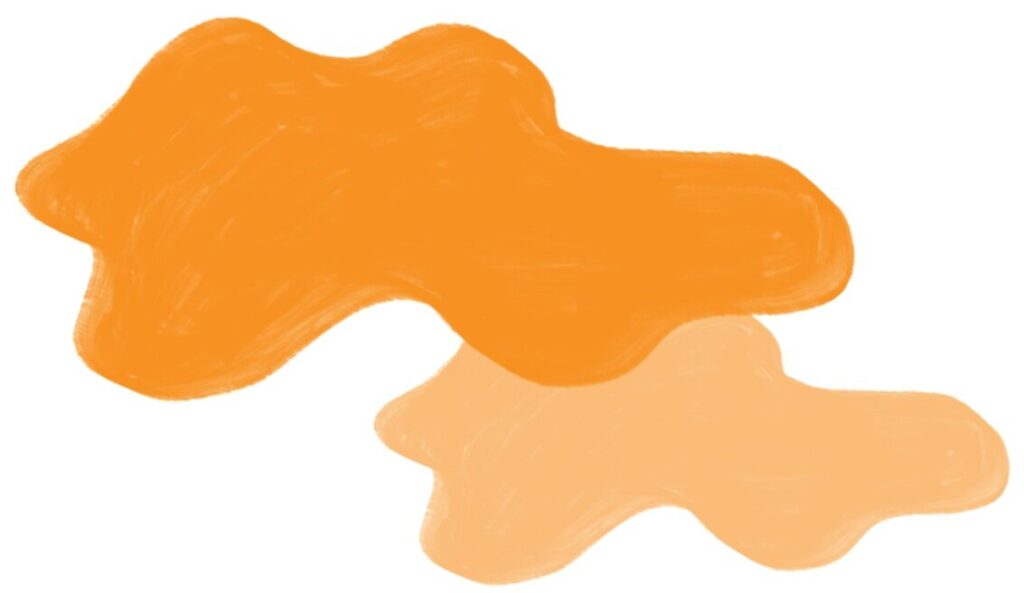
While it all sounds like a win-win-win, there have been challenges along the way, too. “Our main difficulty has been convincing people,” Nick says. “Everyone wants to be the second investor, but not the first.”
This is often what happens with business cases that are new and not yet proven on the market. Corekees has already planted over 13,000 Pongamia trees since the summer of 2018 and they are soon expecting their first harvest. “This will be our proof of concept,” Nick says.
It takes years to get there, but Nick has all the patience in the world. After all, his business idea can make becoming climate neutral that much easier.
Illustrations: Janneke Wing
Author: Mina Nacheva
